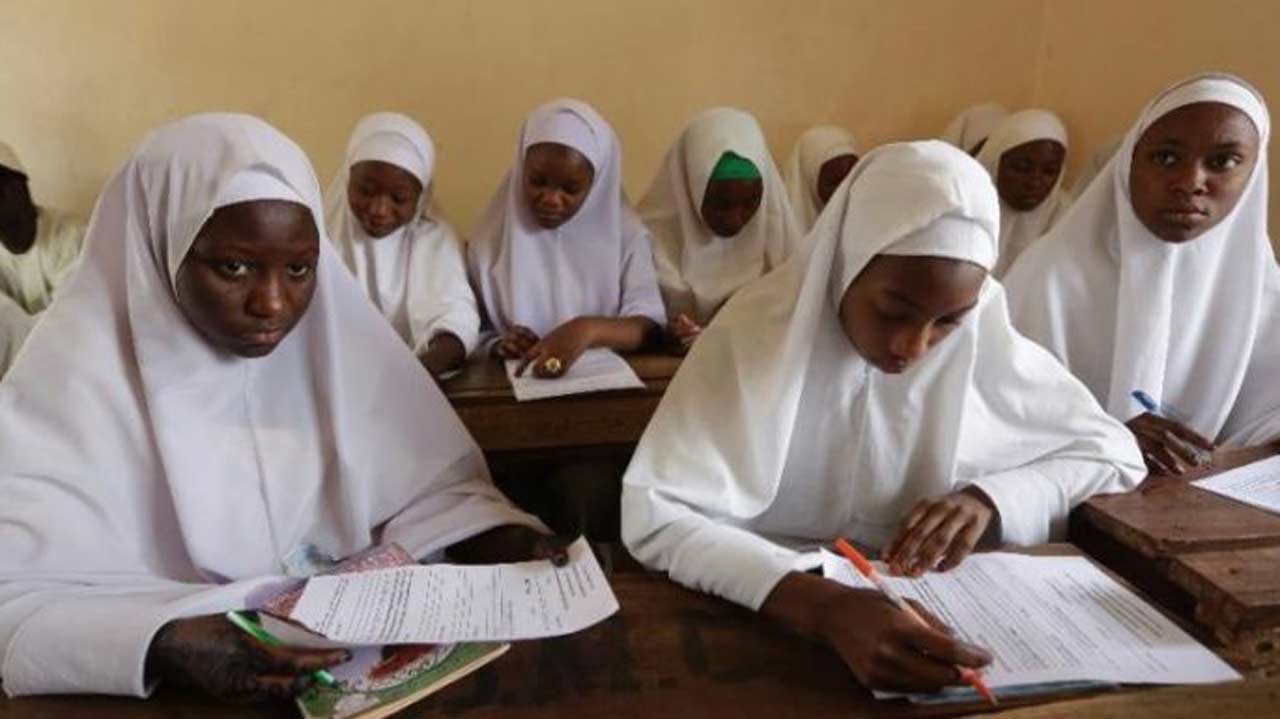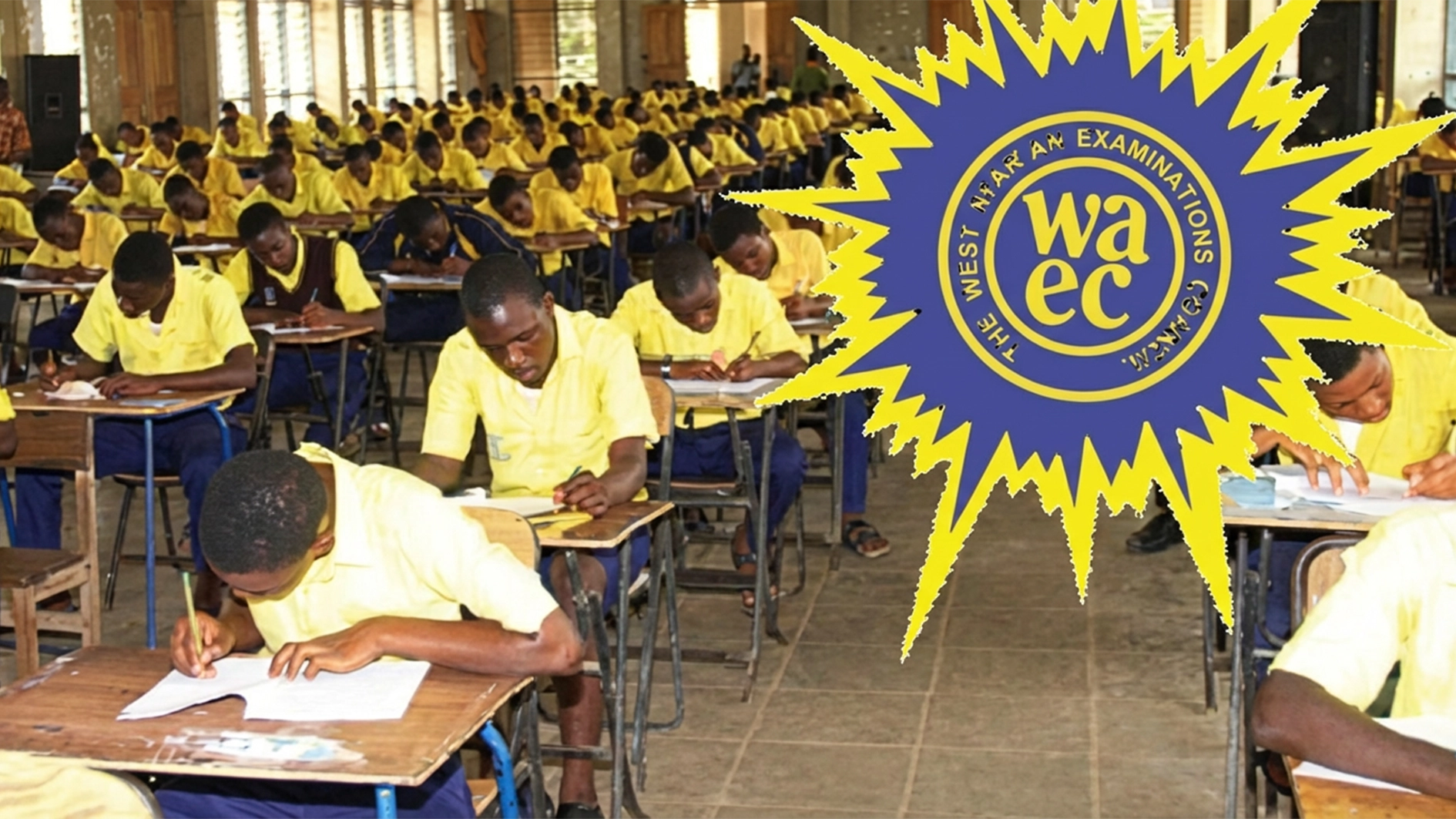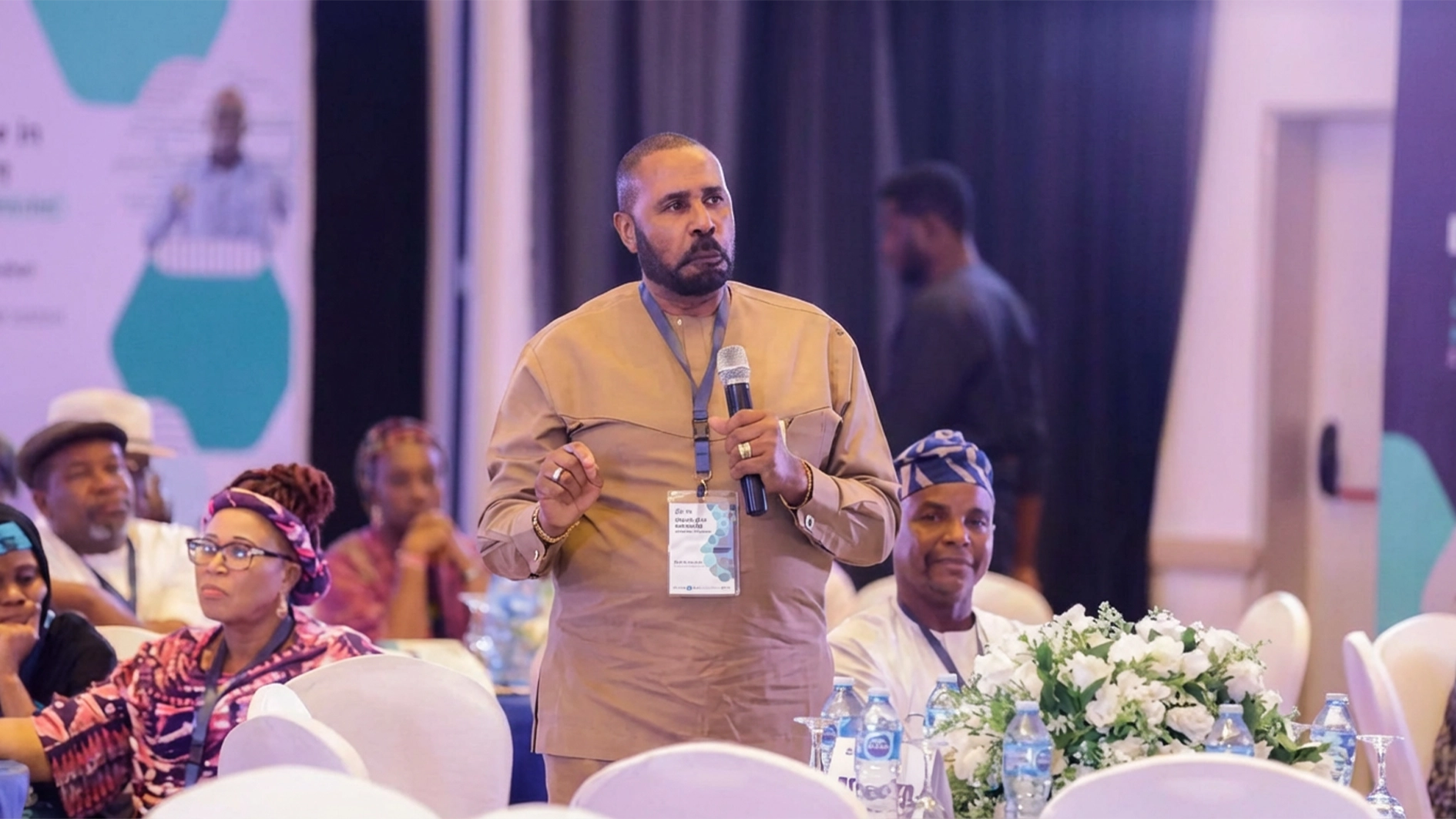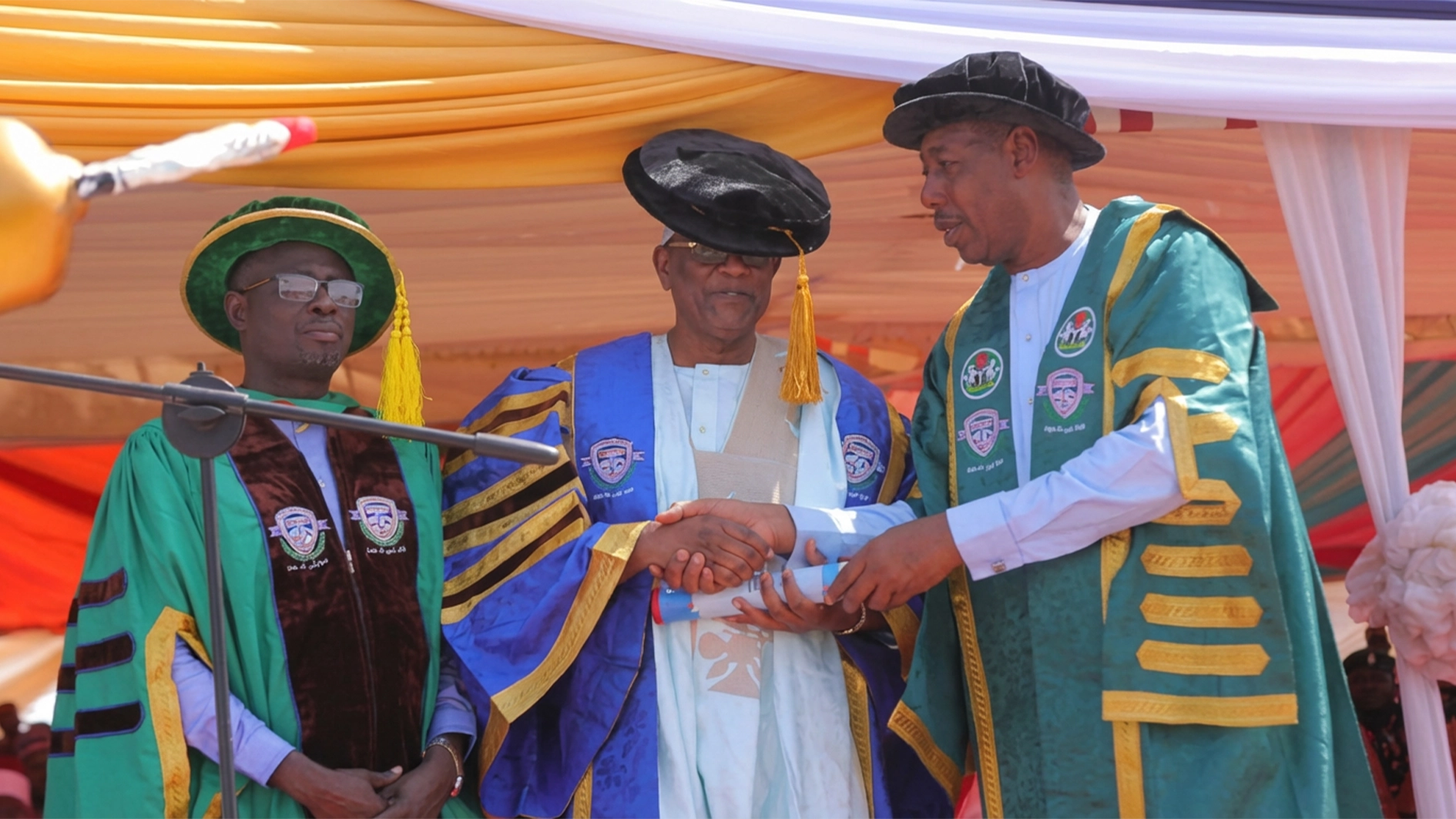
Considered as some of the most religious people on earth, Nigerians’ religious fervour borders on the legendary and incendiary. In the northern part of the country religious extremism brought down walls of schools, maimed schoolchildren and threw teachers out of job. In the country’s south, religion is dictating a discordant tune in erstwhile peaceful schools.
It is no wonder when some female students of the University of Ibadan (UI) International School (ISI) in cahoots with their parents and guardians decided they wanted to be wearing head covering – hijab – that identifies them as true Muslims to school.
It all began, according to a report, when some parents and guardian began to distribute hijabs to their wards, leading the principal, Phebean Olowe, to shut down the school, as she was worried the development could lead to a breach of peace. According to her, the hijab negates the section of the school’s constitution that guides dress code.
Three days before that curious incident, Olowe had received a letter from some parents under the aegis of International School Muslim Parents’ Forum informing her of the resolution to allow Muslim pupils wear hijabs. The letter stated that the head covering is a fundamental part of the practice of Islam and that it was permitted by the Nigerian constitution.
The forum, therefore, reasoned that the school’s constitution is subject to that of the nation’s constitution.
The following day, aggrieved parents were summoned for a closed-door meeting with the board of governors headed by Prof. Abideen Aderinto, the vice chancellor (Academics) – the institution was established in 1963 and is a privately-owned property of the University of Ibadan. All decisions concerning its operations are governed by the board. At the meeting, they were advised against enforcing their resolution until the conclusion of the dialogue – but that gentleman’s agreement did not work.
Aderinto had pointed out that “the dress code as contained in the school rules and regulations be maintained while the school management has been empowered to enforce appropriately.”
The board appealed to parents to abide by the extant rules of the school to enable it fulfills its mandate of providing sound education to its pupils.
The Secretary-General, Muslim Community of Oyo State, Sheik Ismail Busari, would not take any of that as he called on various arms of the government in Oyo State and at the federal level to intervene in the matter “to avoid escalation of the issue”.
He warned: “Muslims will not allow anyone to tamper with their right unchallenged. They are calling for anarchy. We want those in the government to intervene before our God-given right is trampled upon. They should desist from calling us names. They are calling us terrorists. If Muslims can wear hijab in USA, Britain and other countries – we are Nigerians – our children should be allowed to wear hijab.”
On the other hand, the alumni association argued that rather than invoking the national constitution, all parties should respect the rules and guidelines of the institution.
President of the association, Tive Ekpere, said, “The International School Ibadan is a private school and is governed by its own policies, laws and regulations. The uniform is unique and is the fabric that has bound ISI culture and tradition till today.
“Beyond this, the association wishes to advice that all overt religious activities on the school campus be discouraged henceforth. While we believe that every student should be free to practice whatever religion he or she wishes, we are also persuaded that the exercise of such rights must be carried out within the bounds of civility.”
Dialogue did not resolve the crisis and the warring parties went to court.
Last December, an Ibadan High Court granted an application for extension of time filed by ISI in a suit filed against it over ban on wearing of Hijab by female Muslim students. The suit was instituted by some Muslim parents on behalf of their daughters after an initial protest that led to the brief shutdown of the school.
In the originating summons, the aggrieved parents contended that the action of the school violated their rights to freedom of thought, religion and education as contained in Section 38 (1) (a) and 42(1) (a) of Nigeria’s Constitution. Their counsel had urged the court to declare the school’s continuous prevention of female Muslim students from wearing hijab as “wrongful and unconstitutional”.
Away from Ibadan, similar debacle was brewing in the centre of excellence, Lagos State, as barely 48 hours after the approval to wear hijab in Lagos schools by the state government, the low level of compliance elicited concerns from Muslim groups and parents.
Lagos State government had late last year issued a circular approving the use of hijab by female Muslim pupils in all public schools.
The circular with reference no: ED/DISTVI/CCST/HI/14/I/63 and signed by the Tutor-General, O.A. Olukoya, stated: “Since the case of the use of hijab in Lagos is still pending in the Supreme Court of Nigeria, the status quo should be maintained to avoid contempt of court. That is, students should be allowed to wear hijabs on school uniforms but it must be short, smart, neat and in the same colour of the uniform (skirt).
“Furthermore, schools’ managements are advised to downplay comments and disciplinary actions on the use of smart hijabs until the final determination of the case by the supreme court. No student should be discriminated against in any form on the basis of religion. All principals and teachers must be sensitised to comply accordingly. You are enjoined to adhere strictly to these recommendations.”
It appeared some teachers did not heed that message – at least, going by what a Muslim group, the Hijab Rights Advocacy claimed. According to the Islamic group, two teachers of Army Cantonment Girls Secondary School in Ojo, Lagos, “molested, harassed and intimidated” one 13-year-old Khadeejah Adewunmi Ajayi, and prevented her from preparing for some class tests and assignments merely because she had her hijab on her school uniform after school hours.
“Khadeejah, a JSS 2 student was allegedly accosted by the teachers outside the school compound after school hours and while on her way home. She was ordered to remove her hijab and upon fervent pleas that she would not remove it, the teachers forcefully snatched her hijab and her school bag away from her, handed them over to a military security officer at a nearby security post.
“The poor girl wept for her bag as she had tests and assignments to write and submit the next day. This is yet another manifestation of the intolerance of some teachers in Lagos who are supposed to stand in loco parentis to children under their watch, but have thrown caution to the wind in exhibiting their bigotry against Islam and are bent on disrupting the relative peace and the goodwill of the government in Lagos by continuously carrying out their plot that the Muslim girl child does not receive education in government schools funded by taxpayers in the state.”
Against this background, the Director of Muslim Rights Concern (MURIC), Prof. Ishaq Akintola, urged all Islamic organisations in the state to immediately set up monitoring units for the successful implementation of the government’s directive on hijab.
He said: “Muslim parents should be mobilised to visit schools for the purpose of ensuring compliance. We warn that nobody should take the law into his or her hands. Defaulting principals and recalcitrant teachers should be reported to the nearest office of Islamic organizations.”
In Osun State, the hijab crisis was a case of the curious and the furious.
Sometime in 2016, the Baptist Girls High School in Osogbo played host to an army of security operatives as the Christian Association of Nigeria (CAN) in the state began a joint prayer session to resist the court judgment approving the wearing of hijab in ‘christian’ schools.
Same scenario played out at the Baptist High School, Iwo, where some CAN representatives almost clashed with law enforcers as they ensured that robe-wearing pupils were not turned away from the school.
CAN and its sympathisers were kicking against female Muslim pupils wearing hijab to schools deemed secular, especially those established by Christendom’s missionaries. Unfortunately for them, a recent court judgment approved the use of hijab in the state.
The crisis came to a head as pupils, who professed to be christians, in protest, began to dress to school in cassocks, choir garments among others.
CAN’s vice chairman, Moses Ogundeji, said about the court judgment: “We are appealing it. But Christian pupils will continue to wear church garments to their various schools, not minding the state governor’s warning to expel them.”
Then, the law graduate, Firdaus Amasa, who was barred from graduating by the Nigerian Law School simply because she wore hijab to the graduation ceremonies, lit up the nation in legal fireworks. She was denied entrance to the International Conference Centre, Abuja on December 12, 2017, where the call to bar programme was to take place.
The University of Ilorin law graduate objected when ordered to remove her hijab. She claimed that such an order was an infringement on her human right.
The episode stirred intense controversies in Nigeria. Dr. Joe Abah, a former Director-General of the Bureau of Public Service Reforms in Nigeria and ex-President of the Nigerian Bar Association, Mahmoud Abubakar, argued that Amasa should have been called to the Bar regardless of her hijab.
“I think Amasa Firdaus should have been called to the bar with her hijab. We are experts in focusing on the wrong things. The problems of the legal profession are declining quality, slave wages for new entrants and corruption at the bench. Not hijabs worn discretely under a wig,” Abah stated.
Abubakar also lent credence to Abah’s argument by posting the photo of his hijab-wearing daughter, who was called to the bar in the United Kingdom
He wrote in the post: “My daughter, Zubaida Mahmoud, at the ceremony admitting her to the New York Bar earlier this year…the controversy here on hijab is needless.”
The hijab-wearing Amasa was finally called to the bar seven months after the brouhaha and litigation.
Some have claimed that the ongoing discrimination against hijab-wearing Muslims students is deliberate.
“From Lagos State schools to the University of Ibadan International School, Ibadan, to Ladoke Akintola University of Technology Staff School, Oyo State, to schools of Nursing in the Southwest, the sad story is the same. We have thus concluded that there is a grand plan playing out; a plan to either stop Muslim girls from being educated or change their religion, a colonial missionary policy in post-Independent Nigeria,” National President of Al-Mu’minaat Organisation, Nimatullah Abdul-Quadri, had claimed.
So far, so good, the hijab have it.
[ad unit=2]






